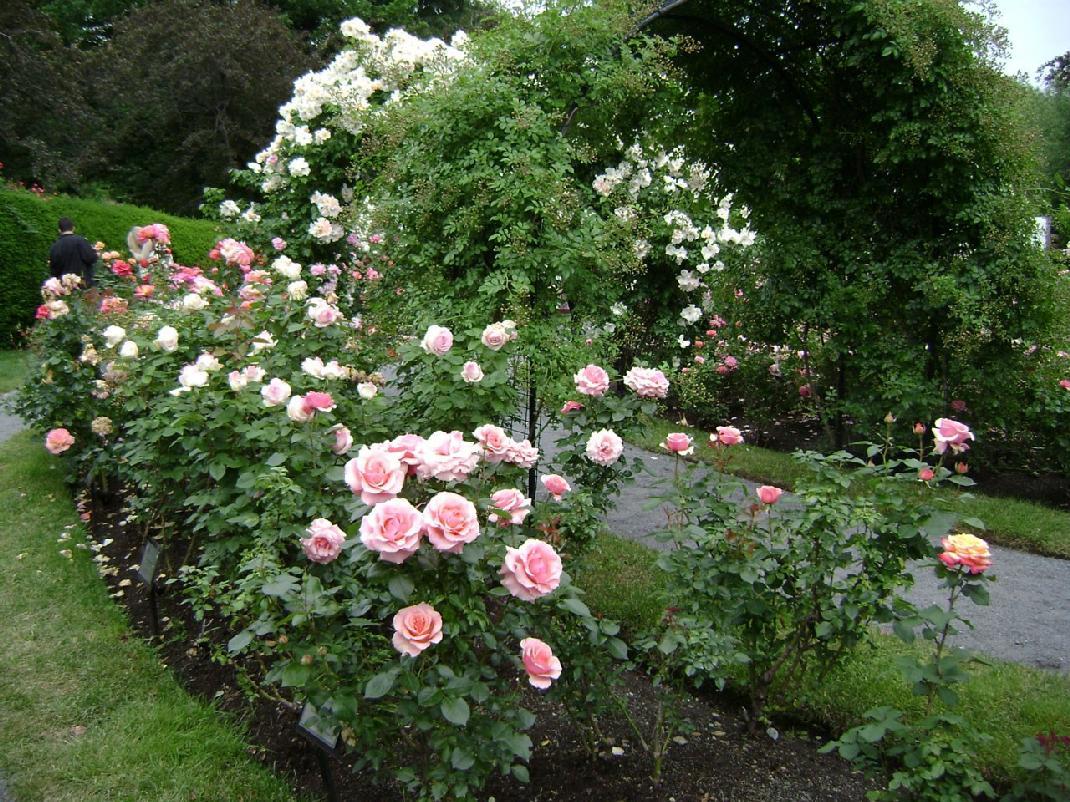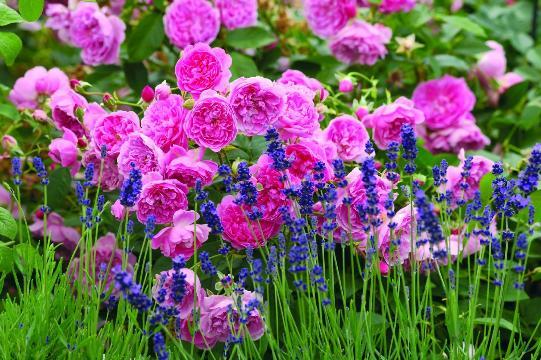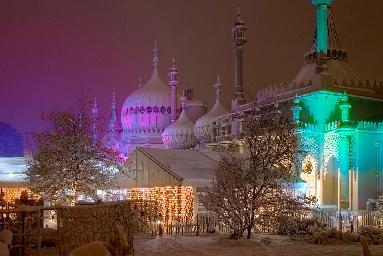
4 minute read
CreatingaRoseGarden
Monthly gardening ideas & tasks by Andrew Staib of Glorious Gardens
Designing your own Rose Garden Roses have been in cultivation since 500BC in the Mediterranean, Persia and China though they first appeared on earth about 50 million years ago. In China they symbolise eternal Spring and longevity, in Persia beauty and perfection and in the West they have been associated more with the Goddess Aphrodite and love. There are over 300 species and today there are tens of thousands of cultivars - so when you design your rose garden this Winter you are adding to this great tradition. Today’s species roses mainly originate from 18th Century China. Type of Roses A typical Rose garden will consist of Hybrid Teas, bush roses and climbing roses, with some taller ‘lollypop’ standard roses. Hybrids have more of that perfect single stem rose that are favourites of weddings whereas modern shrub roses are floribundas with more open flowers and often repeating during the season. Ramblers are used more for outbuildings and large walls, or grown up the trunk of feature trees. They normally just flower the once, but ‘Phyllis Bride’ and ‘Malvern hills’ are repeat flowerers. The Rosa rugosa family are bullet proof and great for hedging, planting as a backdrop or in a shrub border. Type of rose garden First you need to decide if you want a formal rose garden, or something more integrated into the rest of your planting. A formal rose garden is often contained with geometric shaped evergreen hedging and apart from some minimal undercover flowers, the main interest is the roses. Because in Winter a rose garden is quite barren, this is normally a good choice for the larger garden. Integrated rose design uses roses amidst other planting. In the 70’s a front garden had a rose, then a shrub and then a rose and then a tree. These days a lot of people want a more wild contemporary setting for their roses, mixing them up with ornamental grasses, perennials, wild Geraniums and Dahlias. Colours Because roses come in all colours except blue, colour combining is an easy art form with a
Advertisement
broad pallet to choose from. You can opt for clashing colours, or go for more harmonious colour schemes like pastel oranges and yellows, purples, pinks and whites, or pure single colour swathes of red, or white or lilac. Scent David Austin categorises the smell of roses into 5 scents: Myrrh, Musk, Old Rose, Tea rose (meant to smell like a freshly opened pack of China tea eg Rosa Harlow Carr), and Fruity. Underplanting To maximise your garden space and to provide contrasting or harmonious colours, you can underplant roses with Geraniums, Lavender, Salvias, Campanula or even Penstemons- and of course Summer bulbs likeAllium and Camassia. Gypsophilia Baby Breath is lovely as is Perovskia. Conditions The soil is really important. Roses like well drained, slightly acidic rich soil, and though I have seem them survive on clay, which they like because of the mineral content, they prefer a good loam. If you have the luxury of preparing the bed from scratch, lots of compost dug into

Cr ystal Ponds
Limited
Design & build Fully insured Maintenance Rock designs & waterfalls Small or large projects
Free advice & estimates
Contact Tim 01903 937817 | 07872 940599
tim.field@hotmail.co.uk www.crystalpondswatergardenspecialists.co.uk
the soil will be welcome, and manure (horse manure from a stable, where Hydrated lime is used to counteract odours, can eventual make the soil slightly alkaline). They prefer to be sheltered from contact with strong winds and like mulch to keep the moisture in the soil in Summer. They will need at least 5-6 hours of sunlight each day. You can however get roses that will tolerate, grow and flower on a North facing wall such as Rosa Generous Gardener.


Planting Roses Once again, there are lots of videos online. At lest 60cm spacing is needed as they need a good amount of air circulation to avoid mildew building up on their leaves and in the soil. Buying roses can be done anytime but over winter they can be purchased as ‘bare root’ which means they are dug directly out of the fields. They tend to be stronger and about 30% cheaper. What to do in December Check your local Christmas Fairs. Horsham Sunday Christmas market, plus the Ukfield Festival of Christmas, Arundel by Candlelight and ice skating at the Pavillion in Brighton are just a few ideas.
Ice skating at Pavillion in Brighton • It’s the right time to plant trees and hedges taken straight from the field. As with the roses, they are normally called ‘bare root’ as opposed to ‘container grown’. • It is still ok to order and plant bulbs. The soil is still very warm even if the air isn’t. • You can prune heavily sapping trees like
Birches now and Grape vines before the winter sets in. • Harvest the rest of your root crops and lift and store your Dahlia, Canna and Ginger
Lilly bulbs. • Don’t worry if your garden looks messy.
The more mess the better for wildlife that needs a place to hide away during the winter. • Continue to rake up leaves and store them separately from the summer’s grass clippings as they need a different process to break down quickly.


Be Smart, Glaze Smart.
• Windows • Doors • Orangeries • Conservatories • Fascia line • Guttering • Extensions • Alterations • Flat roofs • Warm Roofs • Kitchens • Bathrooms









